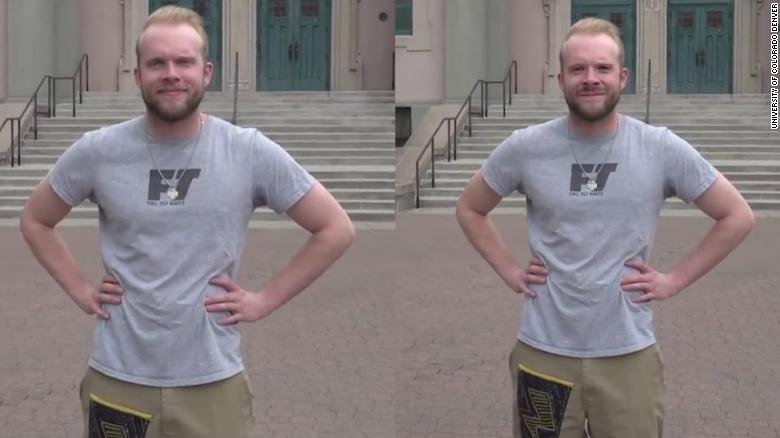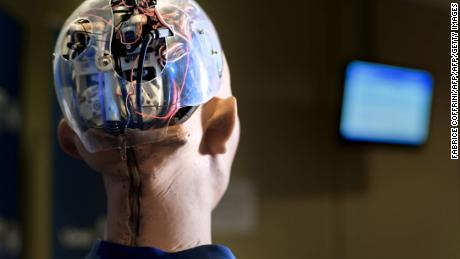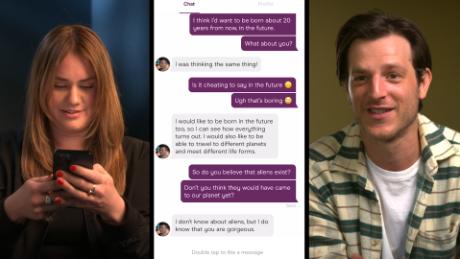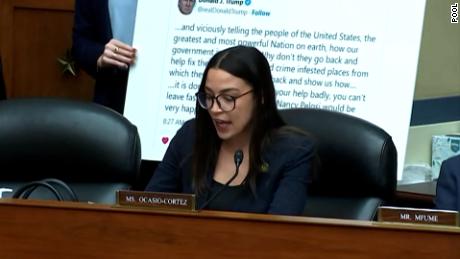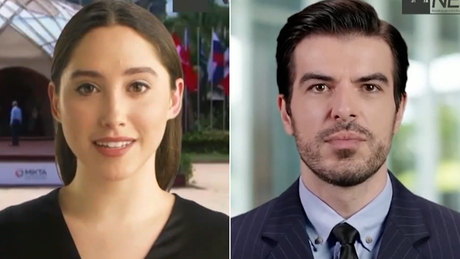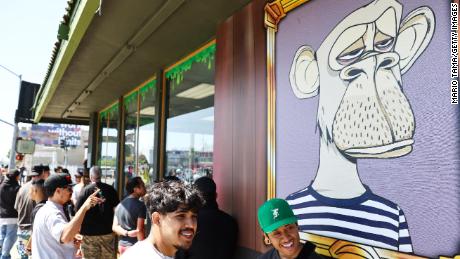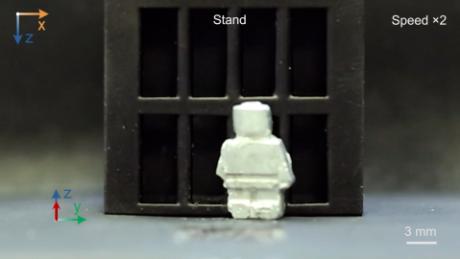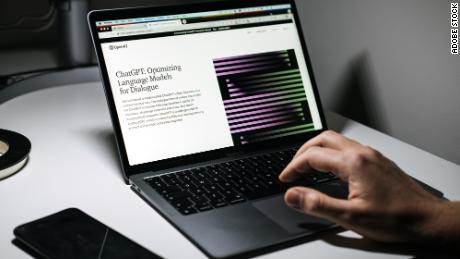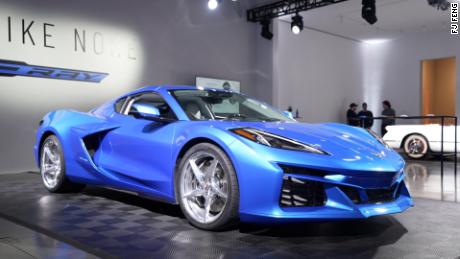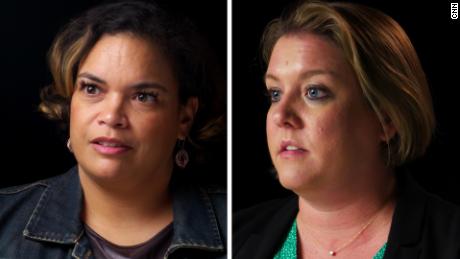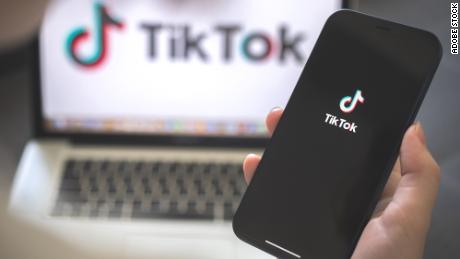New York (CNN Business)An increasing number of lawmakers are warning that a form of video manipulation, known as deepfakes, could be the next stage of information warfare ahead of the 2020 US Presidential election.
Deepfake video is hyper-realistic manipulated video made using artificial intelligence technology. Deepfakes can be so convincing it can be difficult to determine what has been manipulated and what has not.
The Department of Defense, through the Defense Advanced Research Projects Agency (DARPA), has commissioned researchers across the United States to begin developing ways to detect when a video is a deepfake. CNN spoke to some of those working on the project for a special report published Monday.
Three members of the House of Representatives, including Rep. Adam Schiff, who now chairs the House Intelligence Committee, wrote to Director of National Intelligence Dan Coates in September expressing concern that deepfake "technology could soon be deployed by malicious foreign actors."
"As deep fake technology becomes more advanced and more accessible, it could pose a threat to United States public discourse and national security, with broad and concerning implications for offensive active measures campaigns targeting the United States," the lawmakers wrote.
Their concern comes after a Russian company with links to the Kremlin targeted the US with a widespread disinformation effort on social media in the lead-up to the 2016 Presidential election. That effort included fake Facebook pages and Twitter accounts. Lawmakers fear bad actors may use more sophisticated methods, including deepfakes, in the future.
The group asked Coates to prepare a report on deepfakes to be presented to Congress.
"During the 2016 election, my gravest fear was that the Russians would dump forged documents among the real, or worse still, add fake paragraphs into real emails. This is still a major concern for the 2020 election, as is the possibility of using deep fakes, and either would represent yet another dangerous escalation of cyber interference in our democracy," Rep. Schiff said in a statement to CNN.
Senators, too, are sounding an alarm.
At a Senate Intelligence Committee hearing last May, Senator Marco Rubio, a Republican from Florida, said he believed deepfakes would be used in "the next wave of attacks against America and Western Democracies."
Rubio described a scenario in which a fake video or piece of audio is disseminated on the eve of an election, with the clip going viral and being cited by news outlets before analysts could determine it was fake.
"The intelligence community is extremely concerned about the rise of deep fake technology," Senator Mark Warner, the top Democrat on the Senate Intelligence Committee, said in a statement, "We already struggle to track and combat interference efforts and other malign activities on social media -- and the explosion of deep fake videos is going to make that even harder."
